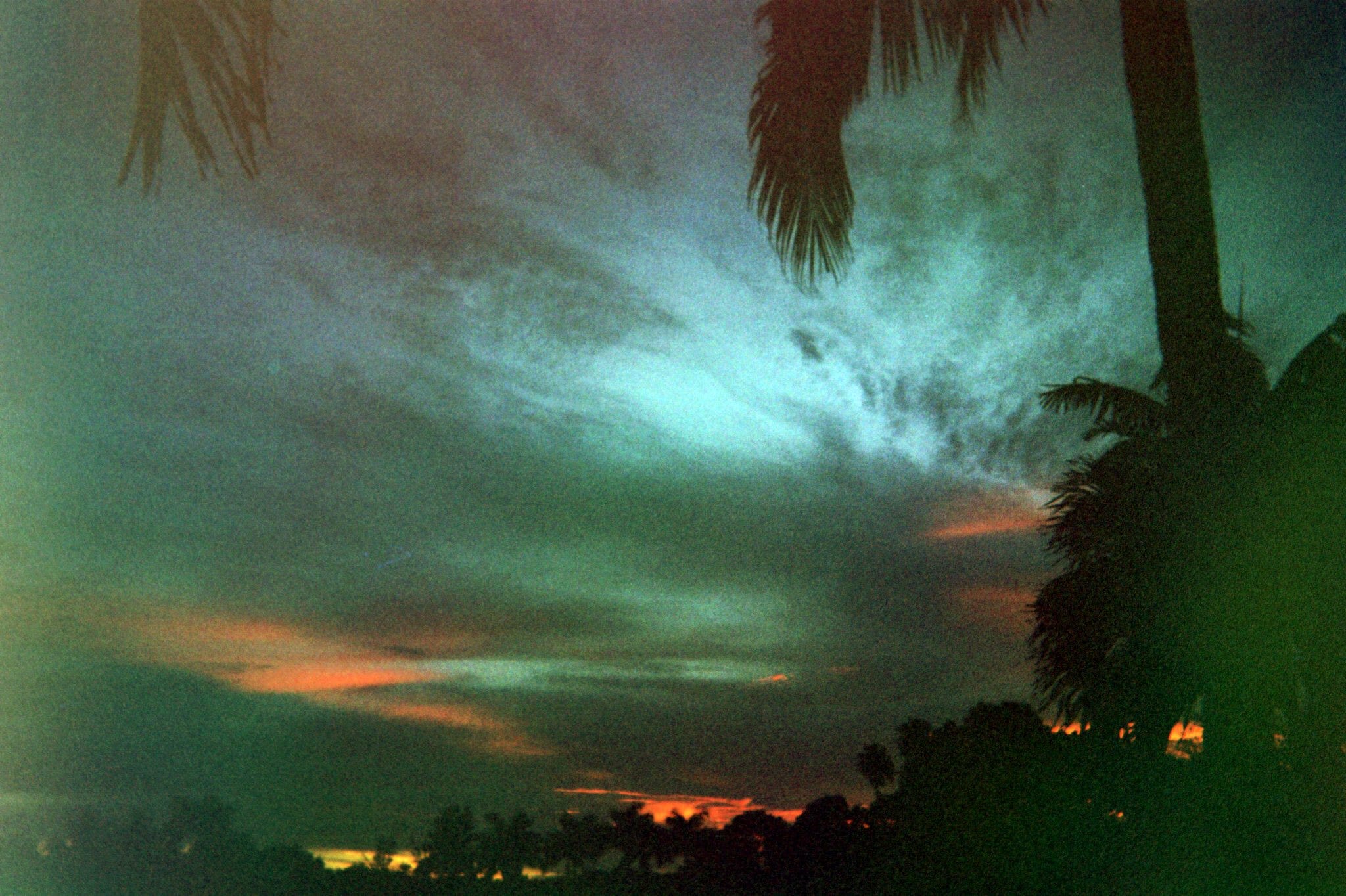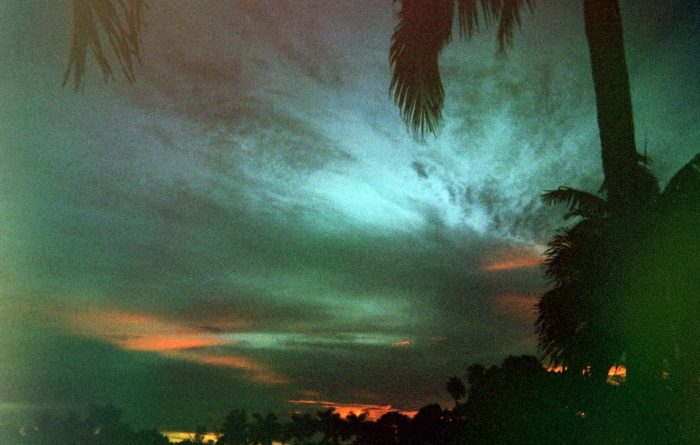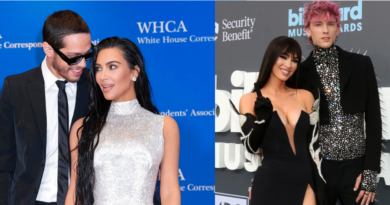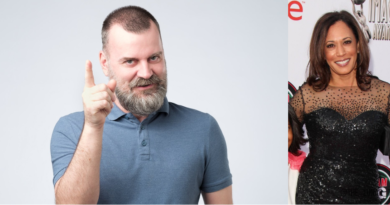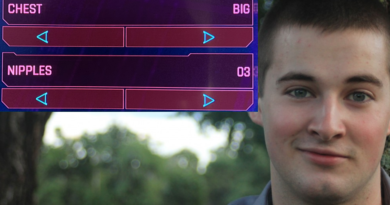Equinox
This is a non-satirical piece.
“Sometimes I think it’s possible to misread your whole life and virtually everything that transpires in it.” -Alex Tizon
December 1, 2020
By: John Hedrick
There’s a certain strangeness that the new year begins in the middle of winter, at least for those of us in the northern hemisphere. Is winter that boring that we need a holiday of partying and binge drinking to get through it? The celebration is contradictory. Think about it, while we sing and dance, the outside lacks a certain livelihood. Trees are barren, no one is outdoors and each day ends in the middle of the afternoon. The world feels smaller.
Yet, on December 31st, we come together from 8pm to 2am embracing change. We say “This is the year… The year I do 25 push ups a day and take care of myself.” However, as much as we want to change, we don’t, just like the environment around us. As the trees struggle to grow a single leaf, we struggle to get through a single day of promises.
We should celebrate the new year during that 2 week period where summer turns into fall. And for some time, we all did. That first week after summer’s heat subsided was typically the mark of a new school year. A change. Always promised. Not controlled, inevitable. From kindergarten to 12th grade there are 13 first days and, for me, 13 notable nights in my life where I was asleep and awake at the same time.
Each one of those nights is stuffed with anxious thoughts and constant shifting in a bed without enough blankets. Two comforters could never outweigh the fear of a new schedule, new teachers, and the possibility of friendships dissipating. However, the first day of school was never as bad as I expected. It was actually exhilarating as hallways filled with quips like:
“Oh, you’re tall now.” — “Look at your hair!” — “Yeah, thank God for braces.”
Now as adults, we do anything to hold on to those two weeks. Some of us welcome it with extra large hoodies and thick socks while telling the weather to sit still. Others of us beg for summer back. Although the season is changing, we demand it stays put. We lose this battle though and change happens whether its permitted or not. It has to. Or else we never see spring, we never see growth. So I guess the question that comes to mind is, would you embrace change as it comes barreling towards you? Or would you tell it to sit still?
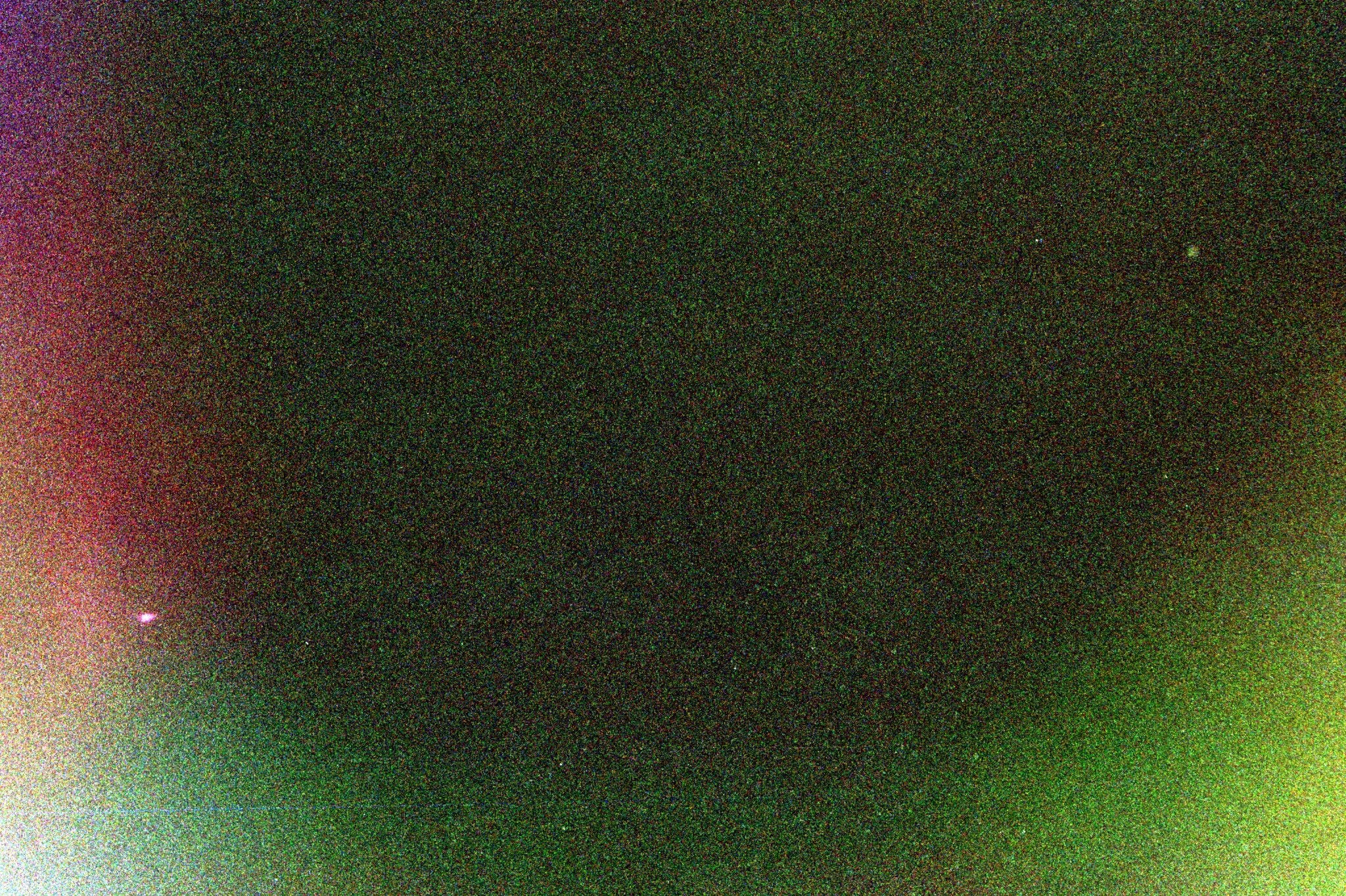
“I swear his eyes were as slanted as yours”
Were they?
“I don’t care what color you are- if you’re black, white, red, purple, whatever, just don’t be an asshole.”
I wonder what color I am?
“You don’t look Asian, you just look like a really tan white person”
So that’s why I stand out in the big family photos.
Ah yes, the microaggressions of being bi-racial and the impending dysphoria of racial identity so rampant, yet so secretive in my life. Its funny how one night of spiraling can make you conjure up memories you once thought were simple comments. All of the above were remarks from people I considered my close friends or my family members. I could list perhaps a million more.
“You’re not Chinese. You’re Wasian”
I remember this one so vividly. The sun was burning the black top at recess during one of the first days of 6th grade. A new friend asked me “What are you?” and I excitedly replied “I’m half Chinese and half German. I’d be America’s #1 enemy if this were World War II.” My whole life, I knew that being half Chinese was an interesting trait, a conversation starter, a ploy for a potential compliment, a way to pitch this dumb WWII joke. (I wasn’t writing material yet so please forgive me). I even blurred the lines between Asian ethnicities just to get a laugh. Perhaps it was because being half Chinese was something I said rather than something I believed. Wasian though, now that was something I could identify as: humorous yet accurate.
“Oh you don’t look it”
“I know. Its cause I’m Wasian”
Another reason I liked being Wasian was that it immediately mentions my whiteness. White first. Asian next. Or maybe it was just youthful naivety. I forget sometimes that middle class suburbia is a bubble that breeds ignorance and during a time where being liked was a top priority, I bathed in this lack of knowledge. I laughed when people said chink and was flattered when people said I was good at math. I even joined in calling my mother a bad driver. It wasn’t racist. It was fun. Racism was when you hated someone else because of their skin. How could we be racist? We (mostly white kids) all liked each other. Comments like these don’t have an effect on people.
They do and they did. At the time though, I didn’t think so. Probably because I felt I had no connection to the comments. “I’m not Chinese. I’m Wasian.” The disconnect between my Asian-ness and myself was so sparse that it even led to me talking to Chinese relatives in a stereotypical Asian accent. To me, its what made people laugh. Its how I got to be liked and who doesn’t want to be liked by their relatives?
Some people never escape the bubble. I see why people choose to stay there. In that world, racism is a clear cut act. Its separate water fountains. Its hate crimes. Its putting people in internment camps. Well, I don’t see any of that here in the bubble so what’s the issue? We’re all equal here, we choose civility.
Being mixed in this bubble felt like having a birth mark. Not one that’s distracting though but rather mentionable, like a mole. Under my mole was white skin, or so I thought. People didn’t shy away from reminding me however, especially in spaces where Asians weren’t abundant. I was frequently told how strange it was that I was in the wrestling room or at the skatepark rather than the classroom. No matter how often my Asian-ness was regurgitated in my face, I still believed that under my yellow mark was white skin.
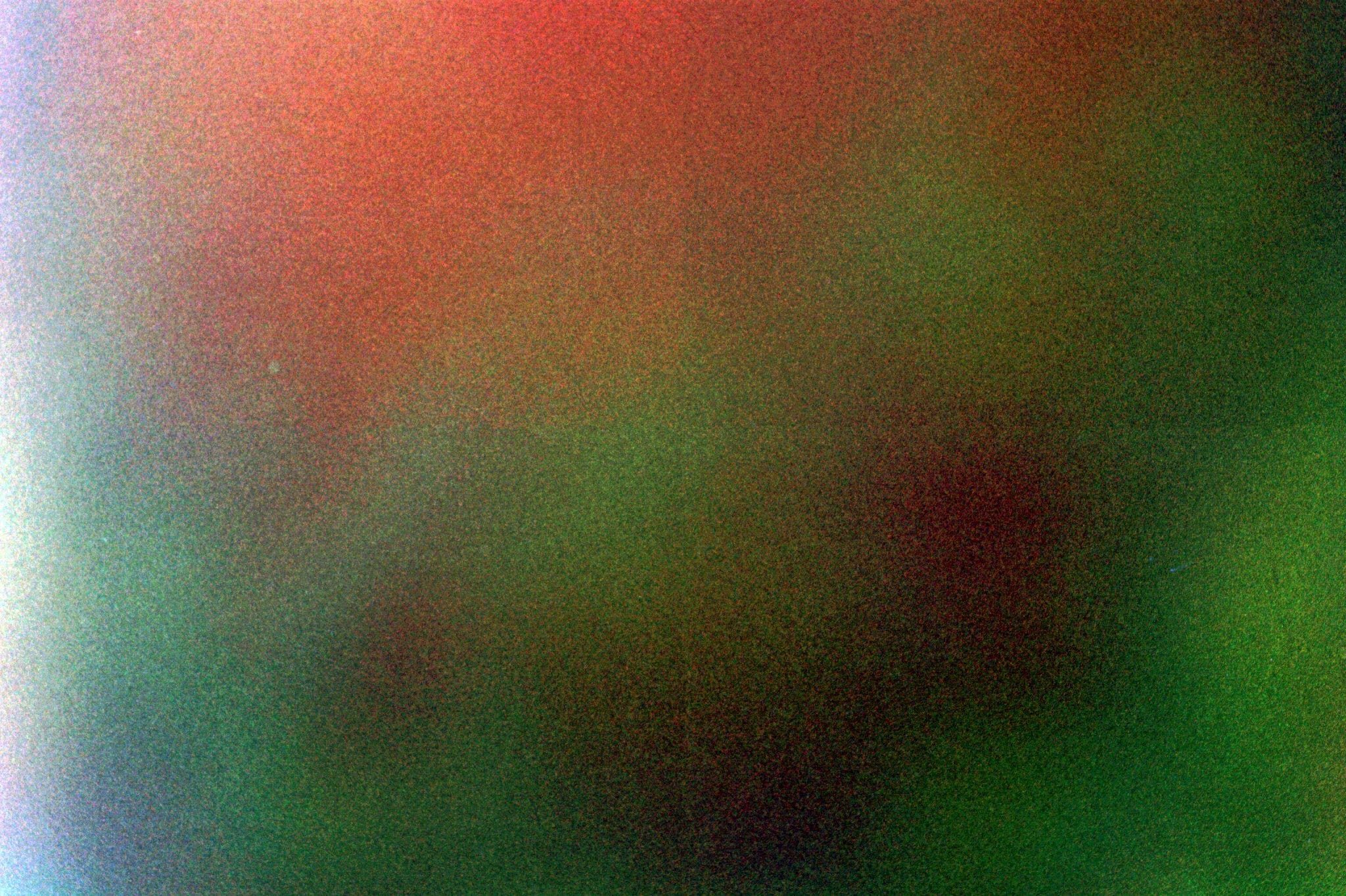
It wasn’t until my later college years that I realized this yellow mole was not as small as I’d remembered. Of course the years spent at a university are perhaps the most formative, but this change in reality was unexpected, uncontrolled, and in hindsight, inevitable. I was washed over with revelation in the middle of an Asian American history class. Photos taken by Dorothea Lange flashed on and off the classroom projector showing the internment process of Japanese Americans as mandated by President Roosevelt. They showed Asian families dressed in their finest clothing but their faces painted with confusion and fear. One photo especially stood out to me where two parents stood with their seven children and they all wore tags as if they were hunted animals.
“These are not Japanese spies. These are not Japanese soldiers. These are Japanese Americans. These are citizens of the U.S.”
As my teacher proclaimed these words to the class, that change barreled towards me uncontrolled and inevitable. It was in that moment that I realized that I was Chinese American. I had been it my whole life but never believed it until that moment. My family was Chinese American even though we were half white. My grandparents were Chinese American even though their English was broken, even though they didn’t look like me. My aunts, my uncles, my cousins were all Chinese American. Not just Chinese, not just Asian. Chinese American. We were as much Chinese as we were American.
I had been living a Chinese American experience my whole life but refused to acknowledge it, let alone embrace it due to an abundance of fear. Why would I divulge the part of me that made me different? The part of me that made white people laugh? The part of me that made me un-American? Albeit, my teacher’s words were a feedback loop in my head, “These are Japanese Americans. These are citizens of the U.S.” He stated something so clearly that I understood one thing: I had no choice.
I couldn’t tell the Chinese side of me to sit still, to hold on, or to pause for just a moment. It had nowhere to go because it was already there. Being half Chinese wasn’t a secret to anyone other than myself, so why was I trying to hide it? And within that moment, it was obvious not what I had become but rather, what I had always been:
An equinox.
Equal parts day and night, equal parts awake and asleep, equal parts Chinese and white. I was as much American as I was Asian.
And for the first time, I was entirely myself.
